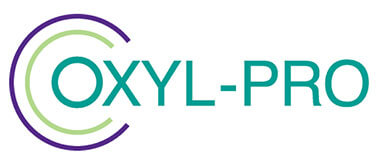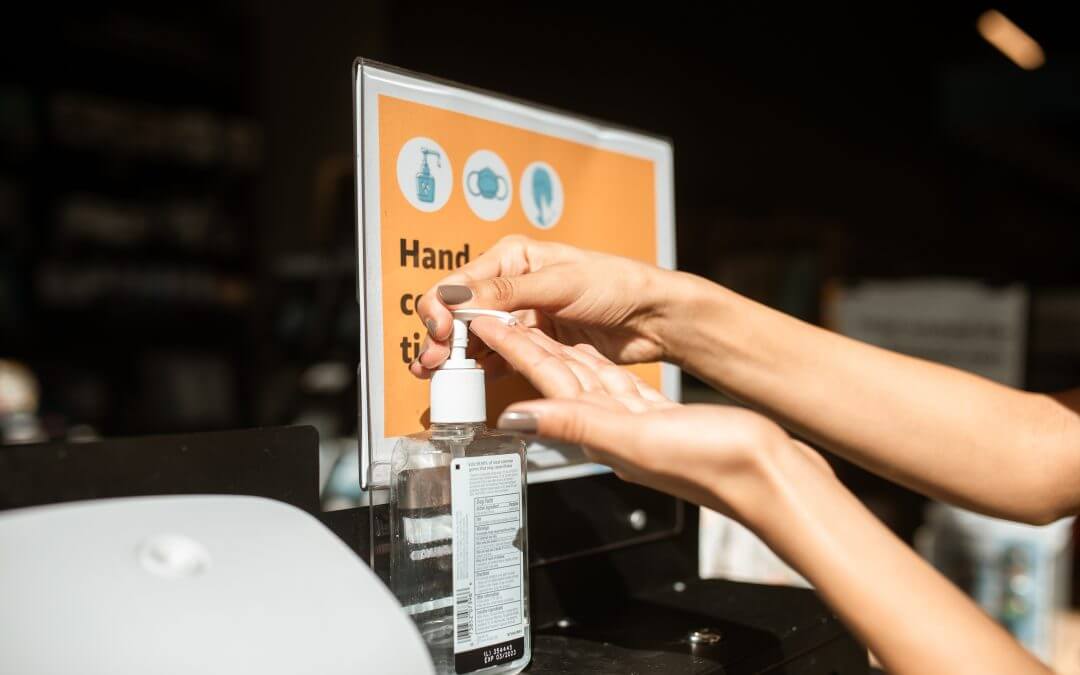Hand sanitiser is a highly-prized commodity at the moment, to the extent that there were shortages of it at the start of the UK’s Covid-19 outbreak.
It is an efficient and effective way of protecting people against infection, especially when they are on the move.
But what makes for a good hand sanitiser, and does this include colloidal silver used as a silver disinfectant?
There have been claims that colloidal silver is an effective treatment for Covid-19, due to its antibacterial properties. But, as we will explain, its medical effectiveness is unproven, and it does have side effects.
These side effects also make silver disinfectant unsuitable for use as a hand sanitiser.
What Do You Need from a Hand Sanitiser?
Most hand sanitisers contain at least 60% alcohol. Normally, to render a virus inactive, you require an alcohol level between 60% and 95%.
However, alcohol-based hand sanitiser can cause irritation to the skin with prolonged use.
There are alcohol-free hand sanitisers on the market, typically in the form of foams which should be tested against EN standards to verify efficacy. ALL hand sanitisers must comply with the Biocidal Products Regulations (BPR).
What other alternatives are there?
One suggestion is colloidal silver as a hand sanitiser. But what is it, and will it work in this way?
What is Colloidal Silver?
Colloidal silver is a mineral. Silver does have antimicrobial properties, and this is reflected in the history of its use to store liquids and as a medicinal application.
Silver can destroy the cell membranes of microorganisms, preventing them from metabolising. In this way, silver acts as a disinfectant.
As a result of this, it has become a popular holistic health product, in the form of colloidal silver.
While colloidal silver is marketed and used for a variety of conditions, including infections, hay fever and skin conditions, the medical evidence to support its effectiveness is absent.
What Benefits Might Colloidal Silver Offer?
There are three main areas where some people colloidal silver has beneficial qualities for health:
- Antibacterial
- Antiviral
- Antifungal.
Colloidal silver was a popular antibacterial treatment, historically, but this was before the discovery of antibiotics.
However, in modern times, it remains untested as an effective antibacterial agent in humans due to the risks associated with it. We will come to these later.
Another supposed benefit of colloidal silver is as an antiviral agent. Some studies suggest that silver nanoparticles can be effective in killing viral compounds. But the issue is that colloidal silver contains variable amounts of these nanoparticles. Colloidal silver has therefore been shown to be ineffective in killing viruses in lab tests.
There is also the question of colloidal silver’s antifungal properties. Again, there is a test tube study that suggests it may be effective in combatting fungal infections.
But there is little other evidence to back this up.
Colloidal Silver Risks
There are various safety issues to do with the side effects of either swallowing colloidal silver or applying it to the skin.
The silver in colloidal silver products, when you ingest them, can then become deposited in various organs, such as the liver, kidney, spleen, muscles and even the brain.
If silver colours the skin, this is a condition known as argyria. It results in a blueish-looking skin tone that is irreversible. This change in skin colour first appears in the gums.
Silver can also stimulate production of melanin, which means the skin can become increasingly discoloured when exposed to the sun.
It can also be unsafe to apply colloidal silver to the skin, which obviously has implications if you were to use it as a hand sanitiser.
As with ingesting colloidal silver, applying this mineral to your skin can mean it gets into the organs, and results in permanent skin discolouration.
Colloidal silver may also interfere with how the body absorbs other drugs. Therefore, using it while on prescribed medication may render this medication less effective.
Is there an Alternative Hand Sanitiser?
If you are looking for a hand sanitiser that is alcohol free, but is not a silver disinfectant, then your solution could be Oxyl-Pro.
Oxyl-Pro is a multi-purpose disinfectant, which is based on stabilised hydrogen peroxide and is approved under the Biocidal Products Regulation in PT1 for human hygiene.
It comes from a unique stabilisation process, which does not involve silver or other heavy metals.
Instead, it uses a blend of food-safe ingredients and an encapsulation process to stabilise the hydrogen peroxide upon which it is based.
The result is a hand and surface disinfectant that contains no alcohol, but is also free from quats, chlorine and benzalkonium.
This hydrogen peroxide formulation is approved by the World Health Organisation, and can be effective in protection against coronavirus.
As an hygienic hand-rub, it is EN1500 tested, and meets EN1276 for bacteria and EN14476 for all enveloped viruses and coronavirus.
It leaves no harmful residues and, because it is based on hydrogen peroxide, it simply degrades to oxygen or water. However, it does supply residual disinfection once you apply it, unlike alcohol-based sanitisers, which only disinfect at the point of application.
Also, Oxyl-Pro has no smell, will not dry out or crack skin and is non-flammable.
For more information about Oxyl-Pro and our full product range, please complete our contact form, call us on +44 1606 851 782, or email enquiries@oxylpro.com

